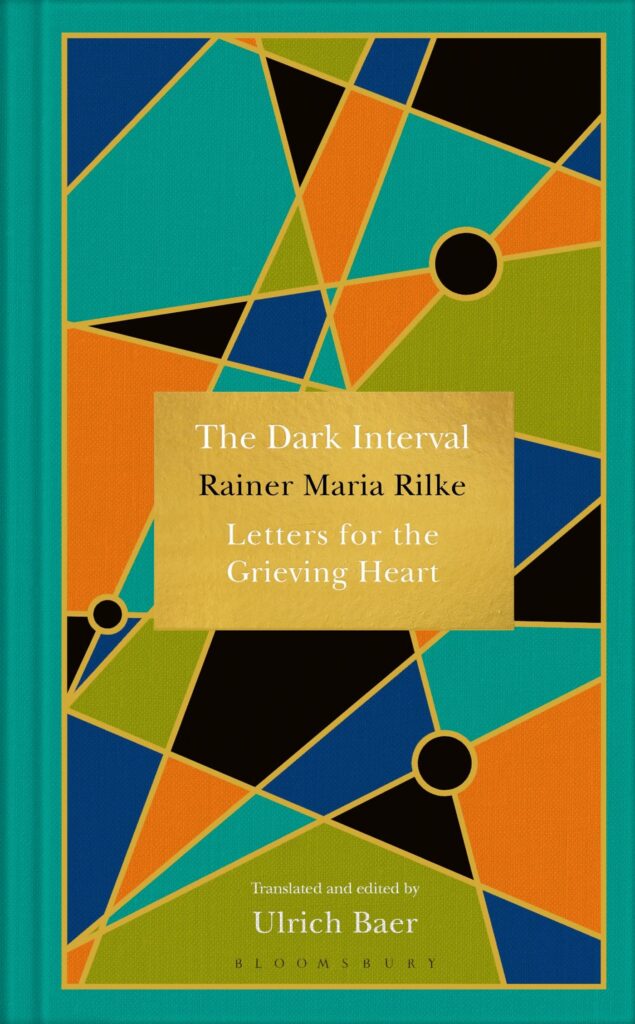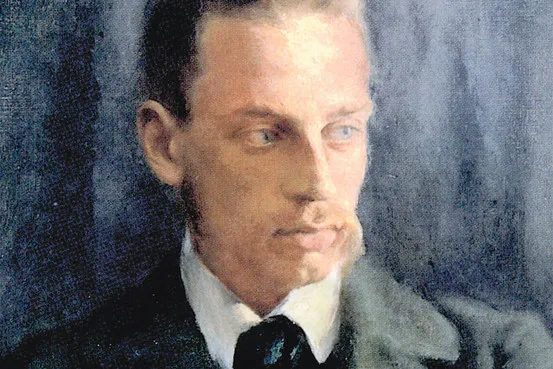Thursday, the 24th of July will mark the second anniversary of my father’s sudden death. Though at 84 it was a good stretch of living. I have will keep that free simply to create some space to reflect on these months and remember with affection both of my parents who have in recent years died. They had a good old age together though my mother lived with the challenges and diminishments of dementia. Dad died suddenly with both of my sisters present during a visit to the local hospital for a checkup. I think we were all agreed that it was as they say a good way to go!
I’m on retreat and today is a Saturday which is giving us all a little bit of space to catch our breath and take some air. I picked up this little book which was given to me I think when my mother died. Like so many other of these volumes it found a place on the bookshelf rather than into my hands for reading!
I should say that this book is not something that you can quite read from cover to cover. It is a collection of 23 letters of condolence written by the author to various people from 1907 to 1925. The mastery of expression, the poetic gift of being able to craft an appropriate sentiment and belief together with its careful attention to the individual and their particular circumstances characterise these hundred pages.
1902 portrait of Rainer Maria Rilke by Helmuth Westhoff, Rilke’s brother-in-law
Rilke believed that it was our responsibility to make sense of our condition and circumstances here on earth, rather than devote ourselves to imagining a realm of greater meaning where suffering might cease. It follows that there is a deep ambivalence about religion or indeed any other ideology of the modern age which provides comfort via collective identities, overarching causes or abstract ideals. He thought that the best we can do is to live fully with some distance from religious ideologies. This collection of letters is an invitation to all of us to be receptive to the fullness of life which means, of course, attending to the hard work of acknowledging and enduring the suffering of loss. There is something of contemporary relevance to this invitation !
I think and feel that this is a book for our time. Perhaps we live in an age that will not or cannot confront the presence of death. We want to distance ourselves by using different language – I’m sorry for your father’s passing doesn’t quite sum up the reality of my families loss. Nor do we have the rituals of mourning that might help us to experience the darkness and even despair of death and the aftermath of bereavement, All of us know from the inside something of our response to a significant loss and the terrible gaping solitude that this opens up in our lives.
While some of these pieces of writing are stern and a somewhat detached from the immediacy of those early days and weeks of grief there is an intimacy and care expressed in what one assumes were for Rilke very carefully chosen words. These words aim straight at the heart and show us what empathy really looks and feels like. They offer the modern reader a model of how to address grief and the grieving in a way which is honest. It is truthful because it can name the pain and often profound dislocation of loss.
Sometimes when we cannot find words to capture our grief and so we need others to show us a way to articulate our pain. In this sense Rilke offers the gift of language as a way into empathy for these moments. He sceptical about easy consolation and deeply ambivalent about whether religion can ever help us find meaning or ultimate meaning in mortality and death.
There is an indication that in these moments might find both intense pleasure and pain which might be brought on by love and death in equal measure. There is also transformation if we can stay with these moments and the fragilities within them. For the writer of the preface to this book these words become companions and signals which help the reader to direct experience experiences back into life. This is a life that cannot have ecstasy without loss. This is also life (which much of Rilkes poetry gives voice to) that that should be seen as a tremendous opportunity afforded to us to understand ourselves better. This is a gift much needed !
I was challenged by the direct confrontation of the writer of our distraction, prejudice and the ‘casual’ that so shapes our perception of the world and each other. It surely follows that in the world and in our lives we have yet so much to notice. In particular the tragedy of death and life is one of a whole series of lost opportunities given to us to understand ourselves just a little bit better
I endure fewer sermons these days and I think that my life might be richer as a result of that! Strangely, I think this book should be on the reading list of all those who are in some way or another involved in the articulation of truth. I love the writers courteousness and the readiness simply to express his love generously and without any seeming reservation. It is a spiritual book in so far as he invites the recipients of his letters to attend to their inner landscape. This has given cause to one reviewer saying that they are not letters of consolation but letters of non-condolence!
In my small world of theological learning and theological education I hope it is not too ambitious to hope for some of this freshness and courageousness in theology to challenge our deceptions. Rilke shows us that we need to opens up new horizons for our inner lives and our grieving hearts.
That is praise indeed from this writers pen. Let him have the last words


